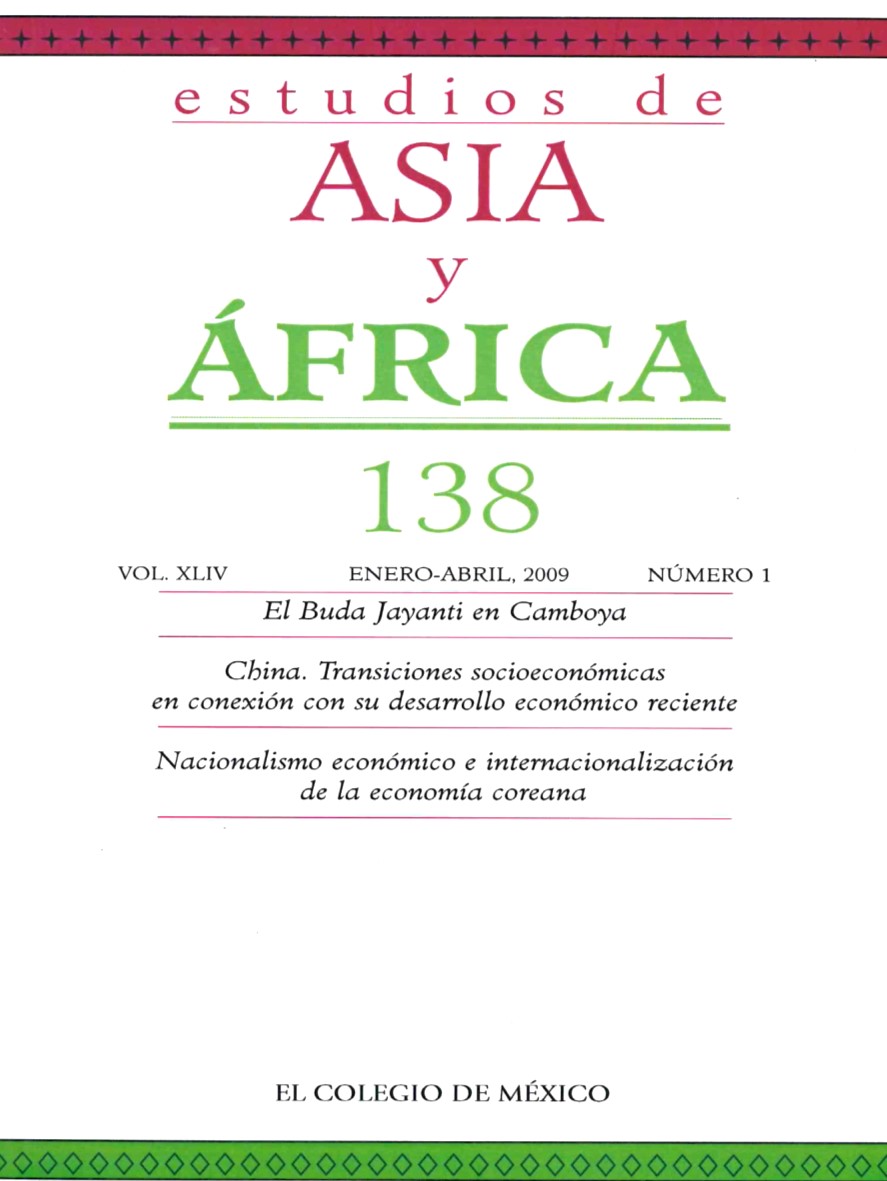Abstract
His article analyzes the economic nationalism in Korea as a current phenomenon, despite the transformation since the capitalist modernization and postcolonial industrialization period (1950s-1970s). The emphasis lies on government policies regarding foreign capital in the form of direct investment. It argues that the limits to foreign-firm activities in the Korean economy were based on formal and informal institutional frameworks that strengthened nationalist feelings from both bureaucracy and private sector. The purpose to promote and foster strong and competitive national industries was not modified substantially even during the period of economic liberalization and structural adjustment between 1980 and 1997. Moreover, although the 1997 crisis made evident the difficulties to align formal institutional changes with autonomy preferences, some forms of economic nationalism remained. This acknowledgement should drive to a new revision of the ways to understand business-government relations as well as government participation to upgrade the Korean companies competitiveness regionally and internationally.
This work is licensed under a Creative Commons Attribution-NonCommercial-NoDerivatives 4.0 International License
Copyright 2022 Estudios de Asia y África


